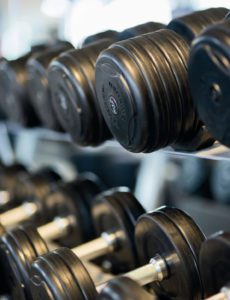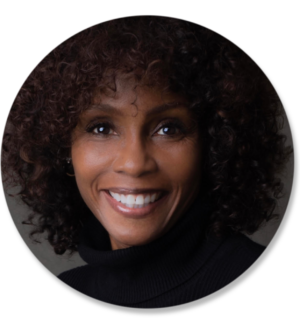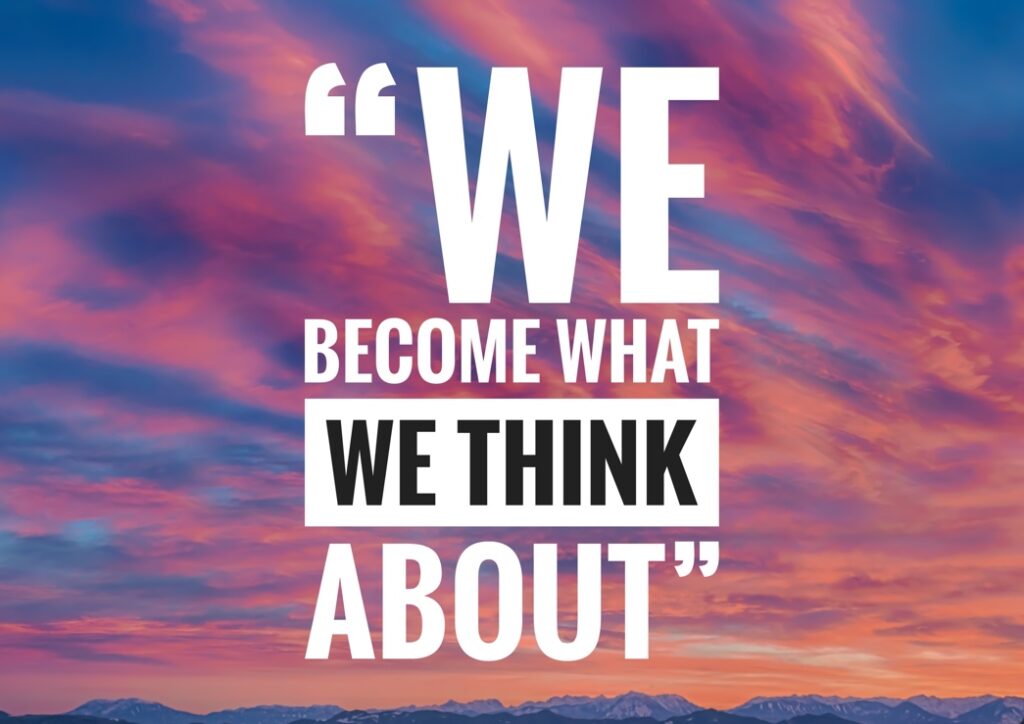Most people knows that a healthy diet and exercise are the best things you can do for your physical health, but most people ignore one of the most crucial aspects of exercise – resistance training. According to exercise scientists, only 6 percent of adults do the recommended minimum amount of at least two resistance training workouts each week. Neglecting resistance training is a mistake. It offers significant health benefits such as increases your metabolism, lowers your body fat and protects you from some of the leading causes of early death and disability. You don’t have to lift like a bodybuilder (or look like one) to benefit from resistance training.

Below is expert advice backed by research and science:
Fighting Back Against Muscle Loss
Our muscles are invaluable. They’re the reason we can walk, run, climb and carry things around. But as we get older, they begin to atrophy. Muscle starts to deteriorate when we reach our 30s. According to current research by the of age 40, we lose on average 8 percent of our muscle mass every decade, and by the time we are in our 60s this phenomenon continues to accelerate at an even faster rate. Studies show that this loss of muscle hastens the onset of diseases, limits mobility, and is linked to premature death.
Another detrimental consequence is the impact that muscle loss has on your bones. The same factors that help you maintain muscle are the same factors that keep your bones strong and dense. So as you lose muscle with age – your bones become brittle, a process known as osteopenia. Dr. Wayne Westcott, a professor of exercise science at Quincy College in Massachusetts says ”the bones, muscles, ligaments, and tendons in your musculoskeletal system all work together, and they either become stronger together or weaker together. Whenever you lose muscle you automatically lose bone – they go hand in hand.”
Because your muscles and bones are tightly linked, when you lose muscle you’re at greater risk of the following:
Osteoporosis
Arthritis
Chronic back pain
Frailty
Fractures
Most people accept the loss of muscle, bone and all the downsides that follow as a natural part of aging. But studies show you can slow and delay these processes by years or even decades with a muscle strengthening program that works your entire body.
Scientists at the Buck Institute for Research on Aging found that resistance training is the closest thing to the fountain of youth.
Over the years, a number of other studies have also shed light on why resistance training can be so beneficial.
It improves cardiovascular health. Resistance training increases blood flow to muscles throughout your body, which lowers your blood pressure.
Resistance training significantly improves your VO2max (i.e. Oxygen) and your overall cardiorespiratory fitness. Studies have linked this to better heart health and a lower risk of death from cancer.
Skeletal muscle helps regulate and dispose of blood sugar. Muscle soaks up glucose like a sponge, using it for energy or storing it as glycogen for later use.
Resistance training allows the cells of the body to use blood glucose more effectively. To absorb glucose from your bloodstream, your muscle cells must be responsive to the hormone insulin, which pushes blood sugar into cells. Muscle is like a coat of armor against diabetes.
Build Muscle, Lose Fat…And Keep It From Coming Back
One of the worst parts about losing muscle as we age is that we also get fatter. The average person gains about a pound of fat a year in middle age. That means that our bodies undergo a change with the depletion of muscle an unfortunately fat takes its place. This reshaping of the body reduces your metabolic rate because muscle is more metabolically active than fat.
Let me know how you incorporate resistance training as a part of your regular exercise routine.
To your health ????
Sources:
Fitness Professional’s Handbook 7th Edition – E. Howley, D. Thompson
Bodyweight Strength Training Anatomy – Bret Contreras
Building Muscle and Performance – N. Tumminello







